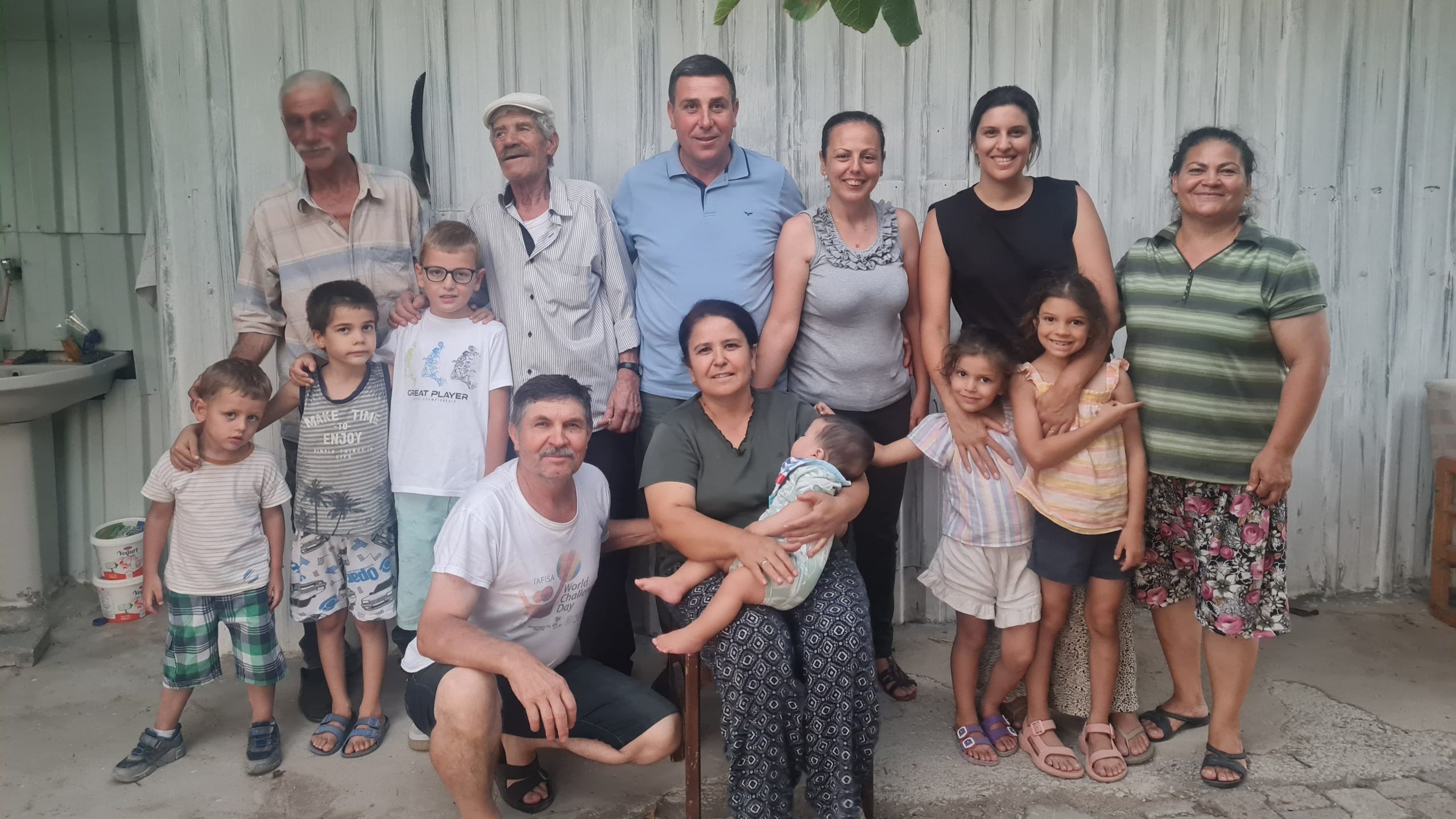By Mary Sinandis
When Greek Georgina Erisiotis and Turkish Yigit Gunduz met as teenagers at Saturday language school, the furthest thing from their minds was the Asia Minor Catastrophe of 1922 despite both their families being from there.
On different sides of history, there was initial resistance, but the couple’s love flourished and grew into a strong marriage with three children as the two families put aside politics, prejudice and the past.
Yigit, however, could not forget one story which pappou Vasilis Erisiotis (initially Taleporos) told him about another Greek-Turkish marriage in the family before the turbulence of the population exchange many years earlier – and he pledged to put things right.
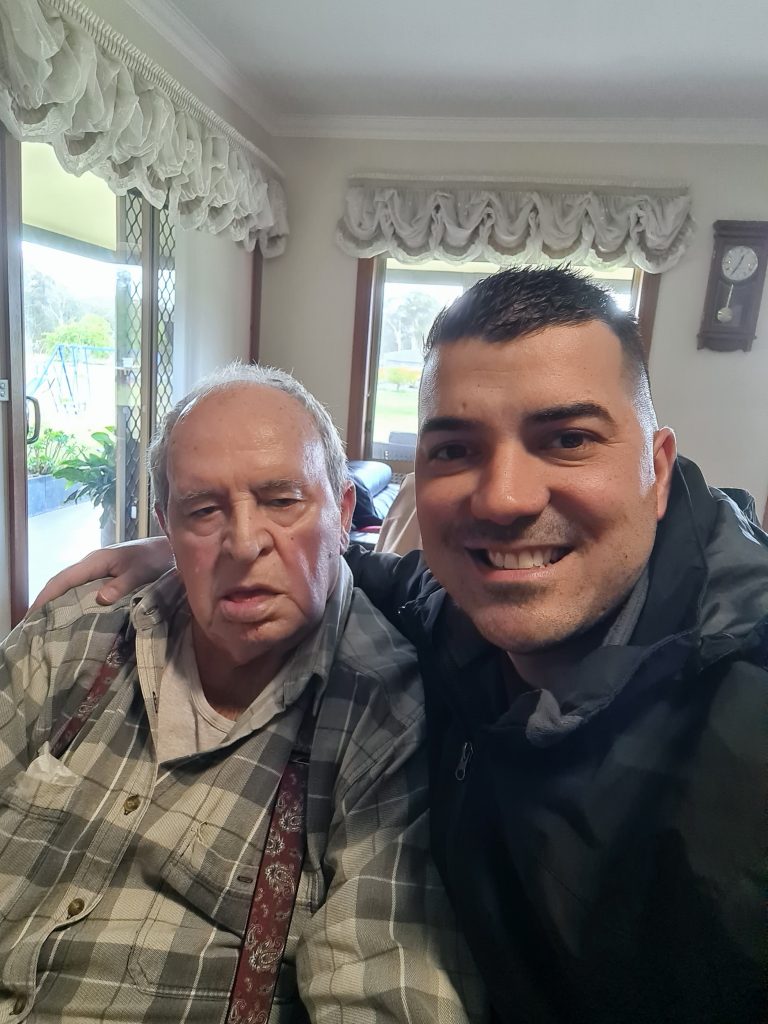
“Georgina’s pappou told me of his aunt, who passed away after marrying a Turkish man in Smyrna. Their daughter, Emine, stayed back with her father, who remarried a Turkish woman,” Yigit told The Greek Herald.
“The rest of the family – the Greek side – left for Thessaloniki.”
In the 1970s, Mr Erisiotis visited Turkey, hired an interpreter and was able to locate his long, lost cousin. It was a happy reunion, they took photos and kept in touch for a while by writing letters, hers in Turkish and his in Greek, which others interpreted for them. After a while, they lost touch again.
Pappou, now in his 80s, continued to wonder what became of Emine. “I could tell that it was important to him from the way he told the story,” Yigit said, and he wanted to find out the rest of Emine’s story and to give pappou closure.
“The story played on my mind, and one night when I was struggling to sleep, I thought to try and find this person,” he added.
That night, Yigit found an online Turkish community for the town of Dikili, 30 minutes from Aivali, where you can catch the ferry to Mytilene.
“I joined the page because that’s where pappou said Emine lived. So I shared all the details I had and asked if anyone knew of her,” Yigit said.
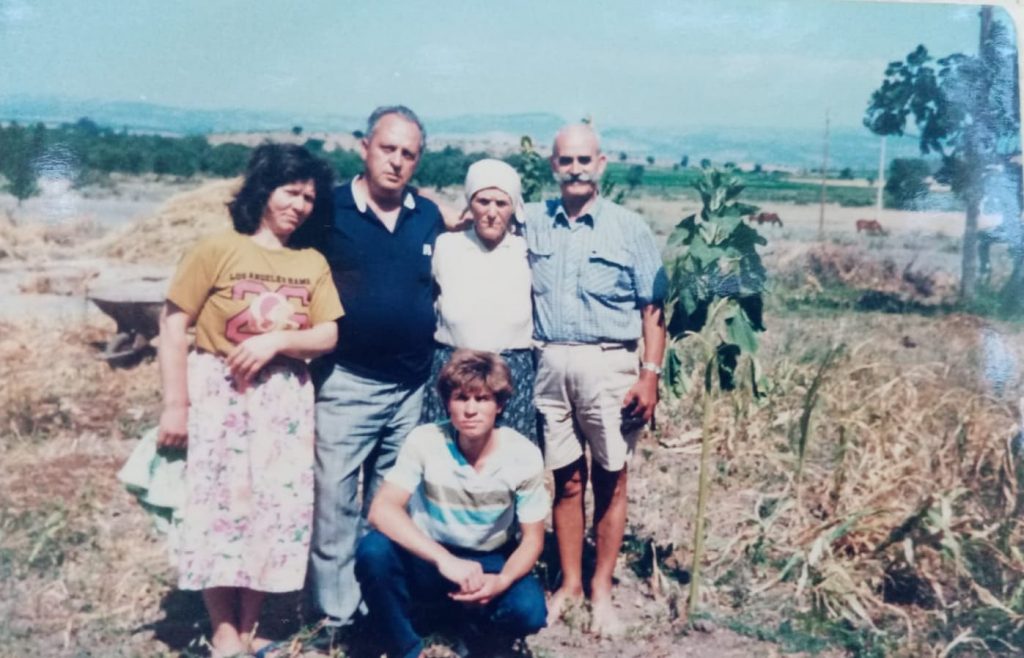
“Heaps of people started commenting.”
One man said he was a childhood friend of Ahmet, Emine’s son, and he gave Yigit the son’s number.
“I wanted to call there and then, but there was a time difference, so I had to wait,” Yigit said.
“When I finally called to ask about Emine, the son was baffled because he thought I was pappou’s grandson and couldn’t understand how it was that I spoke Turkish.”
Photos were sent of Emine, who had passed away in 2011, and in one of them Georgina recognised her parents and aunt. This year, when the Gunduz family went on a holiday to Greece and Turkey, Yigit was determined to meet the family and did some more detective work because the numbers he had were no longer valid.
“When I got through to Ahmet, he was on a tractor working on his olive grove,” Yigit said.
What was supposed to be a short visit ended up being a big family reunion as relatives from the Turkish side of Georgina’s family gathered together. Soon, there was FaceTiming with pappou and plenty of gifts offered to the long-lost relatives.
“They were so excited to see my wife and there was a resemblance to other members of the family. It was surreal for us and for them,” he said.
“We asked them how it was back when Emine’s mother, a Greek woman, had married a Turkish man. We were told that her father Teyfik kaptan was no ordinary citizen but had a shipping firm and was prominent in society.”
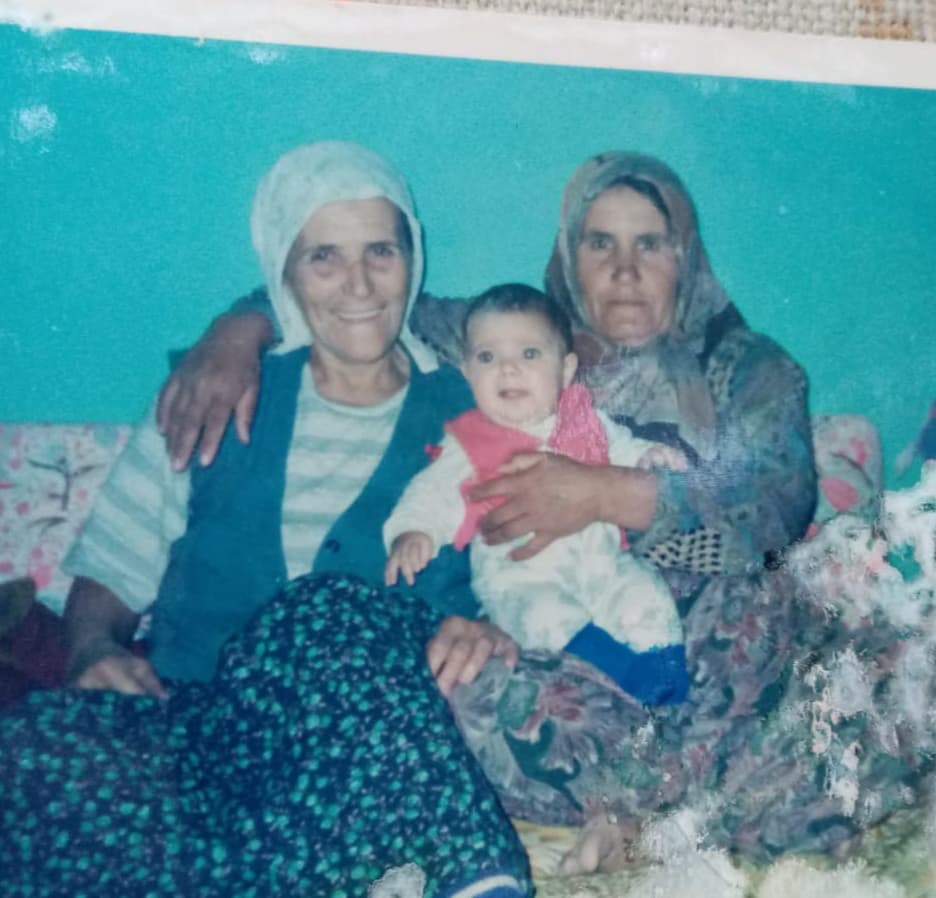
Yigit said that the ordinary people could get on as neighbours. At some point, shortly after 1922, pappou’s father returned to his town of Dikili and stayed with his Turkish neighbour while another family got ferried out of his original house. His neighbour helped get his horse and cows back for him too. But when political tensions flared again, he had to leave – this time, permanently.
Yigit’s own family experienced trauma when the Greek army occupied his family’s town and burnt the neighbouring village on their retreat. Despite both families having ancestors that were affected by war and conflict, neither has hatred in their hearts.
“We both did DNA tests and found that we were a mix of the people that lived in that region throughout history,” Yigit said.
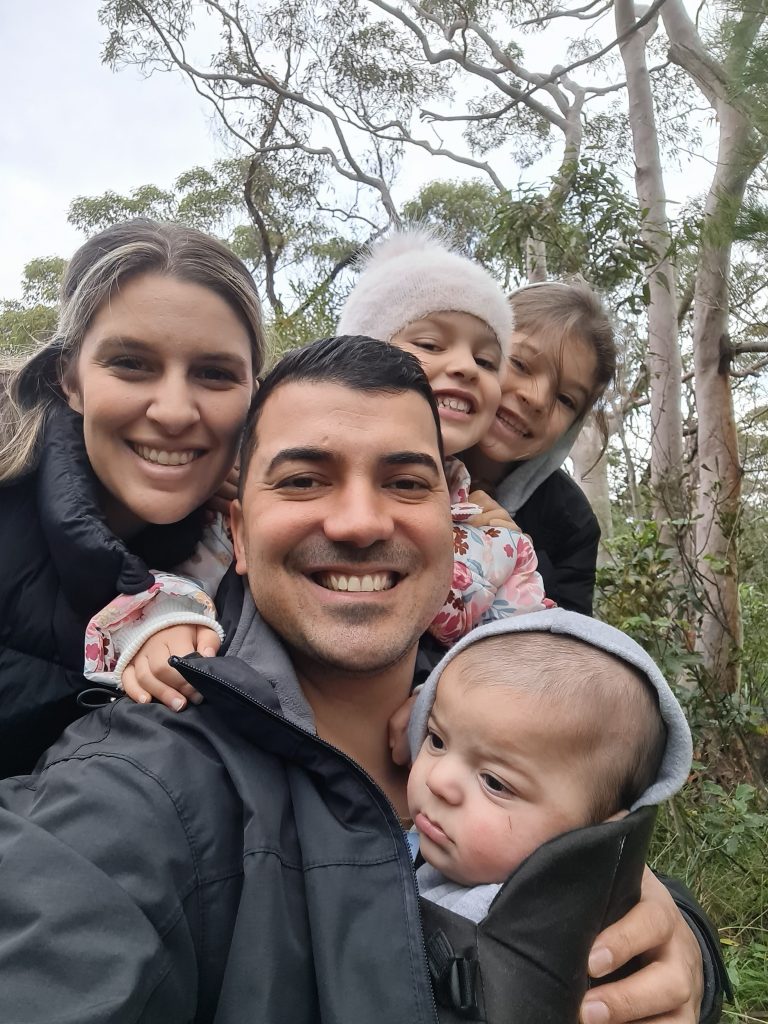
“There has been waves of migration in the world since the beginning of time, I believe the notion of a pure race is a fallacy and we all identify with the culture, language, and faith that we have been raised with and associate ourselves with. I identify firstly as a human. And as humans we want the same things in life, a safe environment for our family, security and a roof over our heads. Unfortunately, politics and how it plays out divides us and our opinions and our thoughts.”
Vasili and Emine may not have grown up together or played on the same streets as they were meant to, but if there’s any hope in this story of cousins torn apart, it’s Yigit and Georgina’s three children aged six, four and eight months. They understand Greek and Turkish and appreciate the rich cultural tapestry which is their heritage without bias, hatred or racism.

